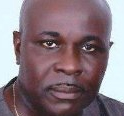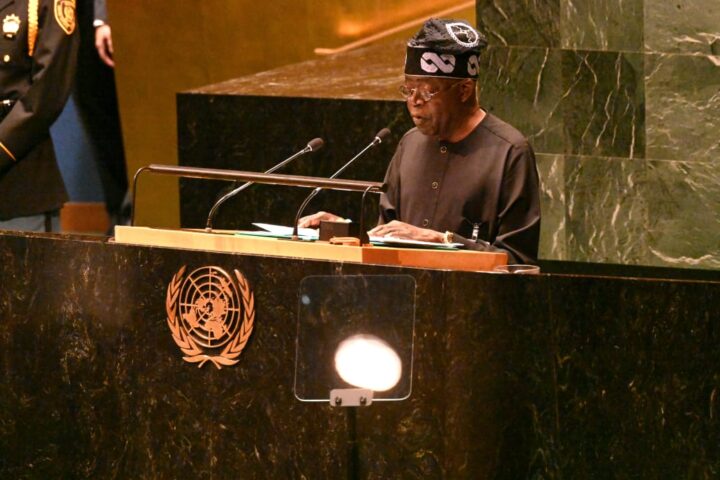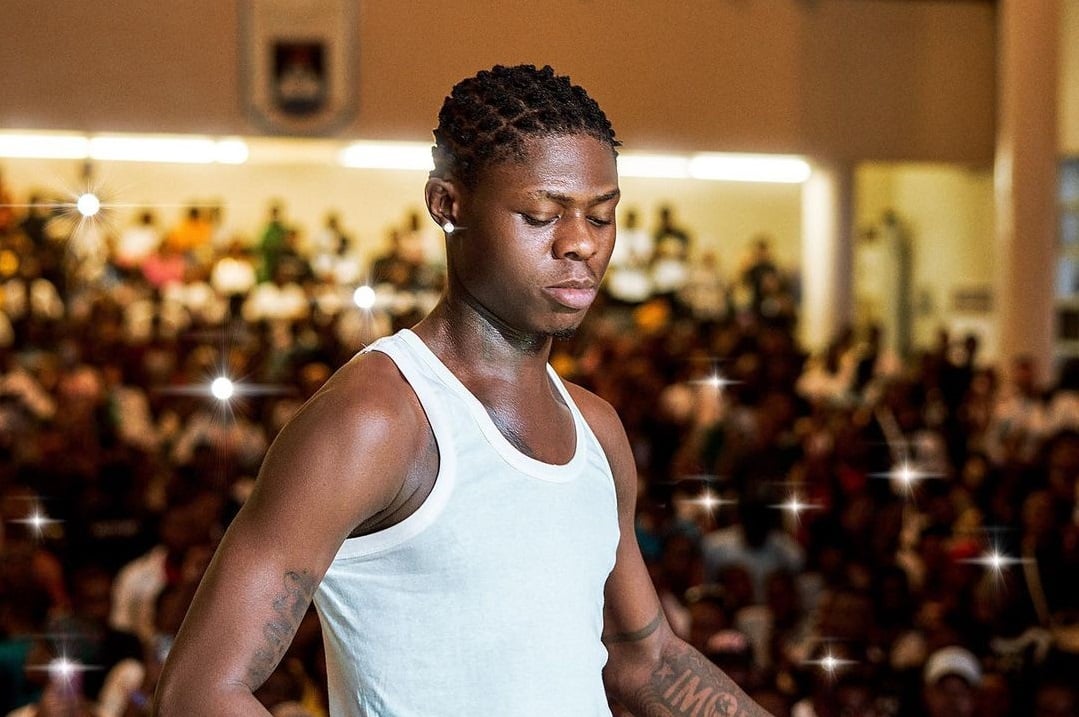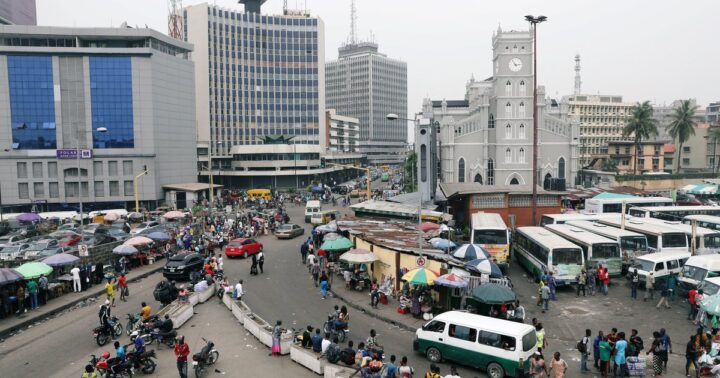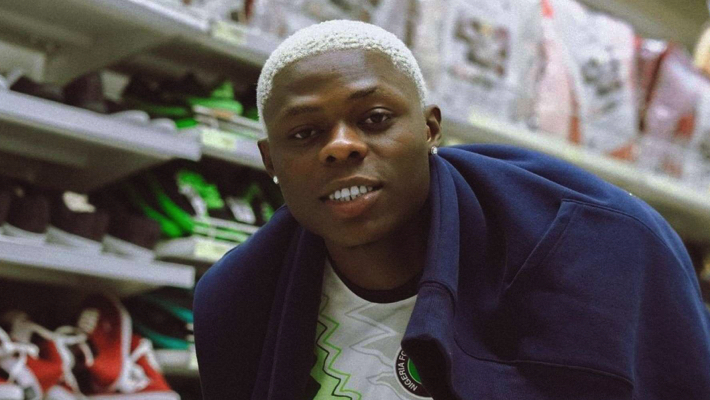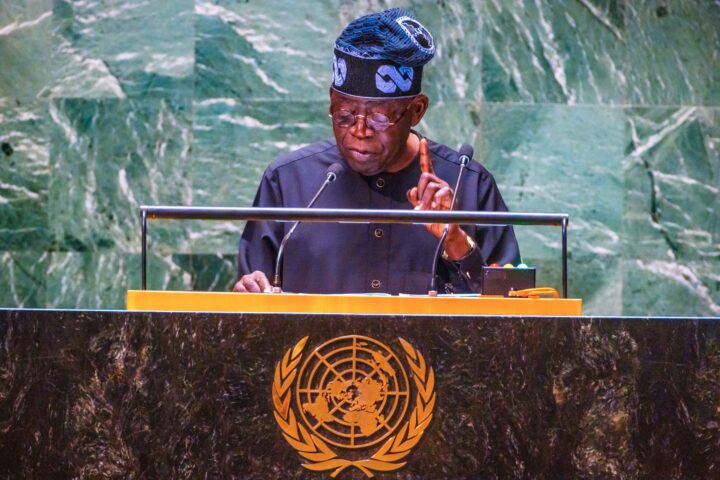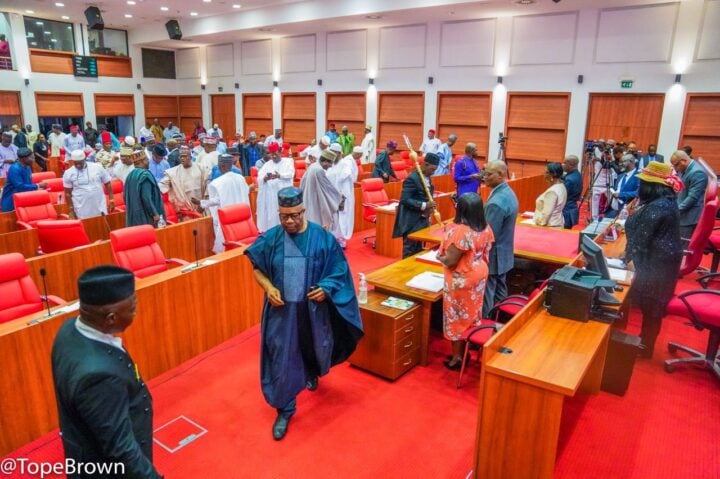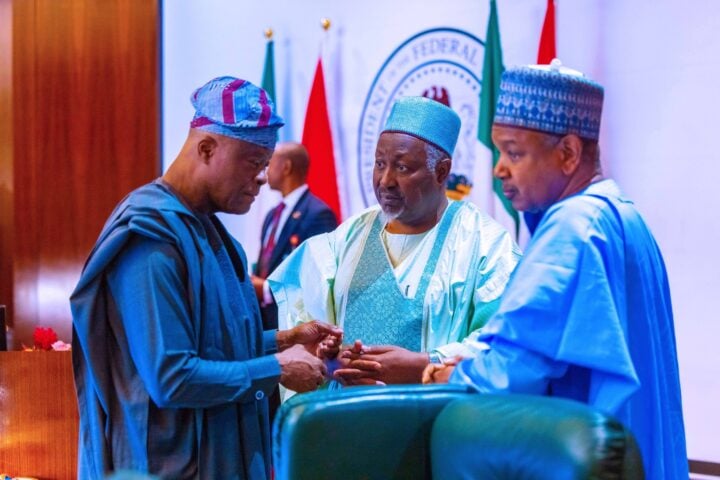On 18 September 2023, President Bola Tinubu gave a speech from what could be called the grandest stage of them all – the United Nations General Assembly in New York. It was his maiden speech on such a stage. For a first speech at the UN, I feel Tinubu performed above expectation. Overall, I would score him a B. There is however still a big room for improvement.
The speech highlighted five themes- (a) the need for global institutions and other nations to see Africa as a priority (b) an affirmation of democratic governance as the “best guarantor of sovereign will”, (c) the challenges posed by violent extremism, (d) Problems of illicit mining and pilfering by extra-African powers and companies and (e) the threats posed by climate change.
On a grand platform like the UNGA, speeches by Presidents tend to simultaneously target at least two publics – the world leaders gathered for the UNGA and the audience back home. Tinubu’s speech seemed to give about 55% weight to its African audience, 35% to its Nigerian audience and 10% to the world leaders (in terms of proposals for meaningful engagement other than grandstanding). Since Tinubu is neither the Chairman of the African Union nor has anyone appointed Nigeria the leader of the continent (despite our tendency to proclaim the country ‘the giant of Africa), using most part of his speech to soldier for Africa, is, in my opinion, inappropriate. In fact, it could sit on the wrong side of other African leaders who often resent the tendency for Nigerians to see the leadership of the continent as their entitlement.
The speech should also have been more sensitive to two charges often levelled against African leaders whenever they appear with their non-African counterparts in multilateral organizations, especially with those from the global north – ‘begging bowl syndrome’ (where they invariably come to ask for financial assistance) and ‘victim complex’ (where they moan of how they are disadvantaged by the global system, including the sins of slavery). Given these expectations from non- African leaders, smart speech writers find ways of not making their speeches self-fulfilling prophecies to their non-African critics while still subtly infusing a little measure of the feel-good theories and phrases that excite the audience at home. One way some try to do this is for the speech to be politely assertive while emphasizing that what they want is partnership, not financial handouts. Excessive grandstanding and playing to the emotions of the audience at home cannot cut deals with the world leaders who today hold both the knife and the yam.
Advertisement
President Bola Tinubu’s speech tried to ingratiate the African and Nigerian publics occasionally to the point of unnecessary arrogance. Instances include: “We welcome partnerships with those who do not mind seeing Nigeria and Africa assume larger roles in the global community.” “The question is not whether Nigeria is open for business. The question is how much of the world is truly open to doing business with Nigeria and Africa in an equal, mutually beneficial manner.” “African nations will fight climate change but must do so on our own terms.” “Africa is nothing less than the key to the world’s future.”
The above bold (or arrogant) assertions were however contradicted in the same breath by a plea for a version of the Marshall Plan for Africa – among other begging bowl syndromes. The Marshall Plan, named after the US Secretary of State, George Marshall, (who in 1947 proposed that the United States should provide massive economic assistance to aid the reconstruction of post-war Europe), resulted in the US Congress appropriating $13.3 billion in 1948 (a staggering sum in those days) for European recovery over the next four years. Essentially you cannot be arrogantly declaring that you are the key to “the world’s future”, and at the same time be pleading for massive financial assistance along the lines of the Marshall Plan. Feel good grandstanding can hardly get African leaders the sort of partnership they should be looking for on a grand stage like the UNGA. At best it will result in pledges of more financial assistance and grants which will paradoxically only reinforce the perceptions of the ‘begging bowl syndrome’ and ‘victim complex’
Part of the preamble to President Tinubu’s speech read: “Many proclamations have been made, yet our troubles remain close at hand. Failures in good governance have hindered Africa. But broken promises, unfair treatment and outright exploitation from abroad have also exacted a heavy toll on our ability to progress.” I believe this preamble speaks well to the different publics- admitting issues with domestic governance will be sweet music to the ears of the world leaders expecting the ‘usual’ victim complex and begging bowl syndrome. The bit about “broken promises, unfair treatment and outright exploitation from abroad” will also play well with African and Nigerian publics. If only the soldiering for Africa had stopped there! But it went on and on throughout the five themes to the point of grandstanding and then undermined it all by resorting to the begging bowl syndrome of asking for a Marshall Plan. Apart from a casual mention of his removal of fuel subsidy and flotation of the Naira, world leaders are not made aware of any new opportunities in Nigeria or other African countries that may excite their interest.
Advertisement
While I regard the fourth limb of the speech – on the pilfering of the continent’s resources with the active connivance of some countries and entities from the global North – as very bold and spot on, there are some sentences in that section that are either ambiguous or seem disconnected from the discourse. For instance: “Foreign entities abetted by local criminals who aspire to be petty warlords have drafted thousands of people into servitude to illegally mine gold and other resources.” What exactly does this statement mean? And how exactly does illegal mining draft “thousands of people into servitude”? People will actually argue that people go to work in illegal mines to escape from poverty, not the other way round.
On climate change, Tinubu declared: “African nations will fight climate change but must do so on our own terms. To achieve the needed popular consensus, this campaign must accord with overall economic efforts.” You cannot be calling for global partnership and at the same time be saying it must be done on your own terms. The speech writers also seemed to be unaware of the fact that 54 African countries have ratified the 2021 United Nations Climate Change Conference – also known as the Paris Agreement (or COP21). African leaders also undertook to implement the Nationally Determined Contributions (NDCs) and National Adaptation Plans (NAPs) that they submitted as part of their commitments to reducing emissions and adapt to climate change. The speech writers equally seemed unaware of the fact that ministers from governments across the continent signed the continentally expanded Kampala Ministerial Declaration on Migration Environment and Climate Change (KDMECC-AFRICA), which has been adopted by 48 African states. In essence there is already a consensus among African countries on how they will fight climate change.
On presentation, the President did fairly well. His diction was distinct and clear and he paced his reading well. But the entire presentation would have been better if the President had used a teleprompter or a tablet and avoided this habit of licking a finger to help him to turn a page of the prepared speech. There is also the small matter of dress code. Just like English language has become the language of international commerce and technology, the English suit has also become the international dress code for multilateral organisations. True, we should be proud of our culture. But in the absence of a national dress culture for the country, Nigerian Presidents adorning their ethnic cultural dress to such meetings only end up emphasizing their provincial identity when they should be a symbol for all Nigerians. Besides, if our Presidents do not plead culture while reading their speeches in English language or communicating with mobile phones and other modern gadgets, why must they plead culture when it comes to dress code?
Adibe is Professor of Political Science and International Relations at Nasarawa State University, Keffi and Extraordinary Professor of Government Studies at North Western University, Mafikeng South Africa. He is also the founder of Adonis & Abbey Publishers and can be reached at 0705 807 8841(Text or WhatsApp only).
Advertisement
Views expressed by contributors are strictly personal and not of TheCable.
Add a comment
